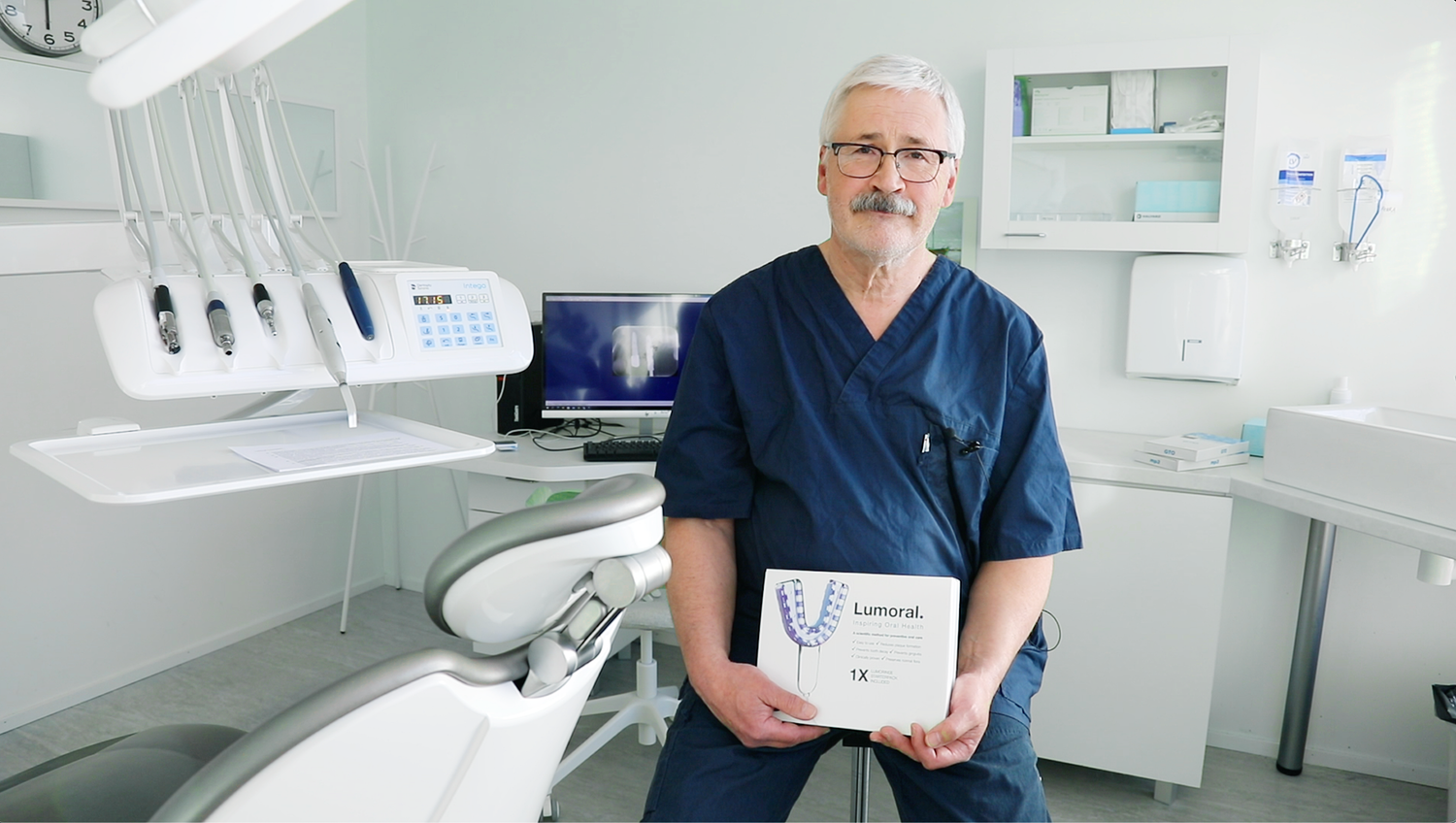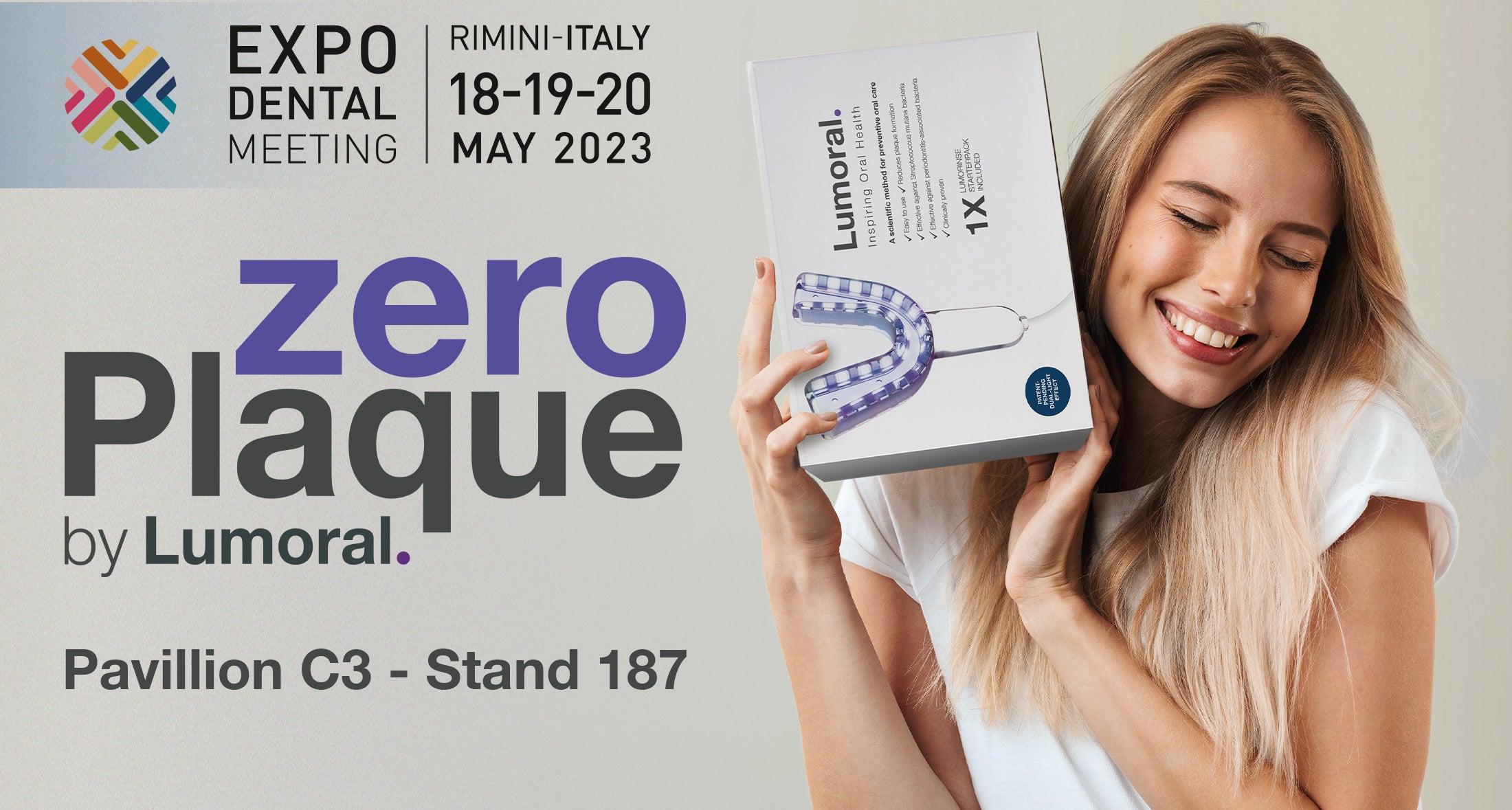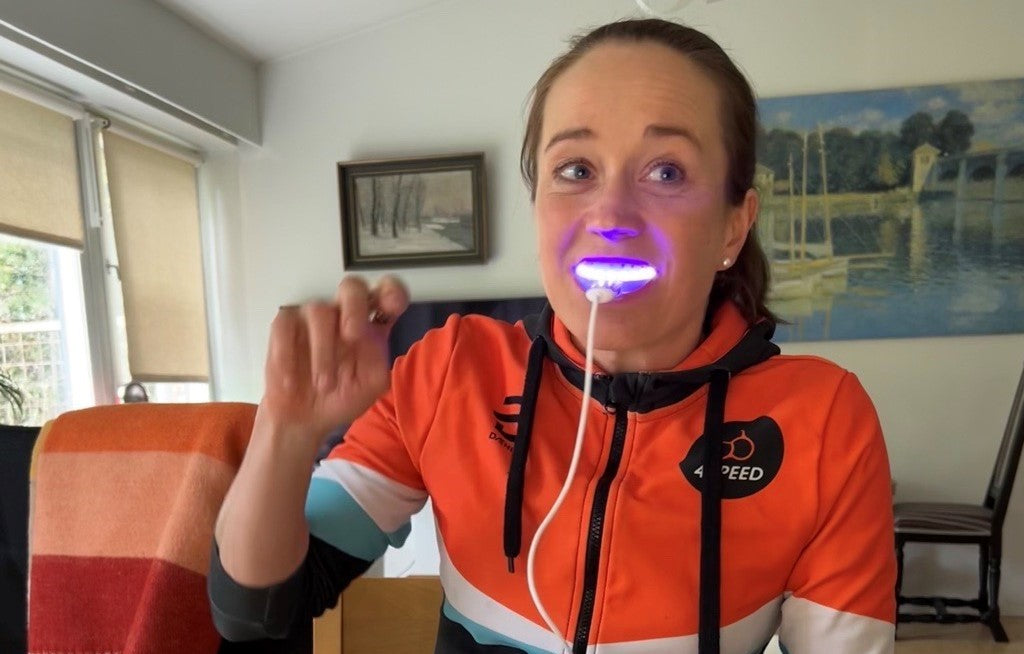Finland is a rather conservative country when it comes to dental implant treatments. Unlike in many other European countries, where demand for implants is growing strongly as the population ages, the growth in Finland has remained relatively moderate over the past 10-15 years. However, the need for implants is no less in our country.
According to specialist dentist Pekka Kallio, around 30 000 new dental implants are placed in Finland every year. In relation to the population, the number of implants in Italy, for example, is four times higher than in Finland. Meanwhile, around 100 million implants have been placed in patients' mouths worldwide so far. Around 10 million new dental implant treatments are done every year.
According to Kallio, the high cost of implant treatment in Finland compared to many other countries is often a barrier to more significant growth in the implantology business.
- However, with implant surgery becoming increasingly digitally guided, it is possible that patients in Finland will not have to pay so much for their implant treatments in the future. Price competition in the sector has already increased in Finland, without compromising the quality of treatment, says Kallio.
Kallio has been a specialist dentist himself for almost 25 years. He recalls that dental implants come in handy when, for example, a patient needs a strong foundation for crowns or bridges.
According to Kallio, the success of implant treatments depends on both the experience of the dentist and the choice of the patient. All the implant brands used in Finland are of high quality, so the success of implant treatment is not dependent on the implant itself. A patient's previous history of periodontitis is also not an obstacle to implant treatment.
- However, periodontal disease must be treated and well maintained before implant treatment. The most important risk factor for treatment failure is smoking. Diabetes is another important risk factor to consider in treatment, says Kallio.
A healthy mouth is the basis for successful implant treatment
Oral home care, including thorough daily brushing and flossing and regular dentist check-ups are essential for the prognosis of the treatment. There is room for improvement in the oral home care of implant patients. The idea that implants are eternal and better than one's own teeth is wrong, says Kallio.
Peri-implantitis is a serious gum disease that affects the well-being of implants and can lead to implant loss if left untreated. Although implant treatments generally have a good success rate, on average one implant is lost every four minutes. This translates into around 140,000 lost implants per year. Around 50% of implant patients develop peri-implantitis over time, according to figures from Dentognostics.
Kallio points out that successful implant treatment requires a healthy mouth.
- Periodontal disease and implant treatments are not at all compatible. The risk of infection is high and, in the long run, teeth weakened by periodontal disease will cause excessive pressure to dental implants and bridges.
After implant surgery, the surgical site is tender. In addition, sutures make cleaning difficult. Today, antiseptic mouthwashes are used to kill oral bacteria after surgery. However, they have side effects, including discolouration of the teeth, says Kallio.
Antibacterial Lumoral treatment has also shown good results in the treatment of dental implant-related infections.
- In my studies, the amount of plaque and gum bleeding in patients was significantly reduced compared to the initial situation, and there were no side effects associated with the use of Lumoral, says Hanna Lähteenmäki, a YAMK oral hygienist who was awarded the title of Oral Hygienist of the Year 2022.
Kallio also feels that Lumoral is a promising product for implant patients.
- I use it selectively with my patients who have challenges with oral home care or other factors that affect the prognosis of their treatment.
- I recommend using Lumoral daily for 2 weeks before surgery and 2 weeks after surgery. Most patients continue to use it at the normal 2 times a week dosage.
Even with successful implant placement, implants do not always remain healthy. According to Kallio long term follow-up studies have show inflammation and bone loss around implants, known as peri-implantitis. It occurs in about one fifth of implants after a ten-year follow-up. Treatment of these often requires complex treatment by a specialist dentist.
- Here too, careful oral home care is a prerequisite for successful treatment. Lumoral is, in my opinion, an affordable insurance not only to improve the long-term prognosis of implant treatment, but also to prevent many other oral health risks, such as caries and periodontitis. For patients with dry mouth problems, Lumoral provides a definite improvement. The ease of use of Lumoral and the immediate feeling of dental cleanliness it provides has brought many positive comments from my patients.



Leave a comment
This site is protected by hCaptcha and the hCaptcha Privacy Policy and Terms of Service apply.